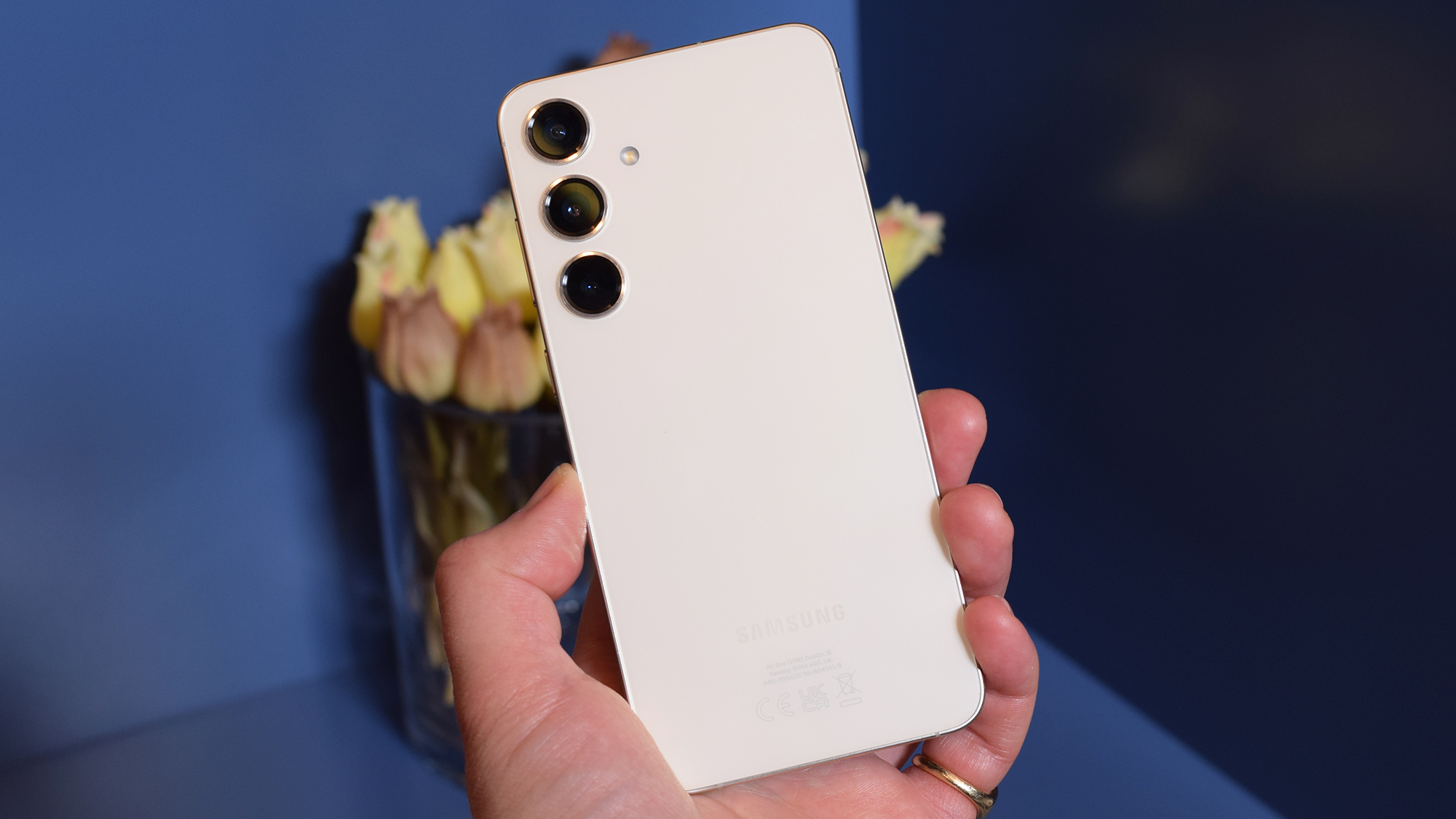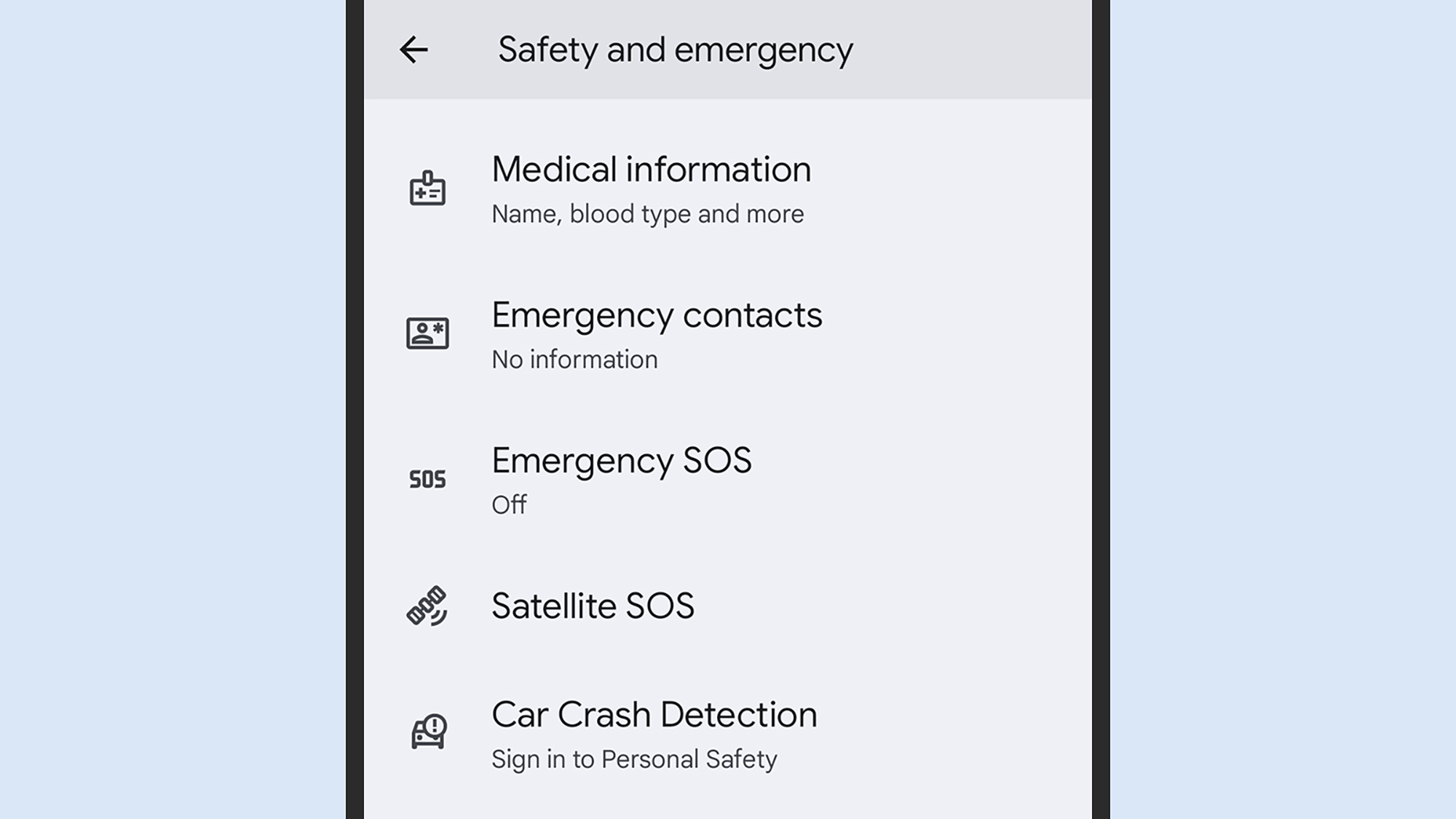
Since the iPhone 14 arrived with satellite messaging – albeit for emergencies only – we've been wondering how long it would take Android to catch up. According to the latest leak, Google's platform could add the feature with Android 15 later this year.
Some digging into the code in the latest Android 14 beta, by the team at Android Authority, has revealed signs of a new Satellite Messaging page in Settings. The text on it talks about being able to "send and receive text messages by satellite".
Even more interesting: it seems the feature might be able to function beyond emergency situations, as long as you have a clear view of the sky. This means you'd be able to keep on messaging whenever you were outside the range of Wi-Fi and cell networks.
That said, the page text says the feature is only available in "some areas", and calls aren't included. You'll also need to have signed up for a satellite messaging service – the page leads to a T-Mobile satellite coverage page that isn't yet available, hinting that some kind of partnership for US users is on the way.
Look to the skies

We know that T-Mobile is already partnering with SpaceX and its Starlink satellites to bring "direct to cell" capabilities to phones – which means being able to get a satellite signal from any modern phone, without any extra hardware components required.
While this satellite coverage won't have the bandwidth to let you stream 4K movies in the middle of nowhere – at least not to begin with – it should be able to handle text communications when you can't get online in the normal way.
T-Mobile and SpaceX have already said text messaging functionality is rolling out later this year, and that matches up with the expected Android 15 timeline. A developer preview is available now, and a public beta should follow in a few months.
We were expecting satellite features in Android 14, but the hardware and software support never arrived. This latest leak, together with the appearance of a mysterious satellite SOS feature on Pixel phones, makes a strong case that this will be the year when Android finally catches up in regards to this particular feature.







